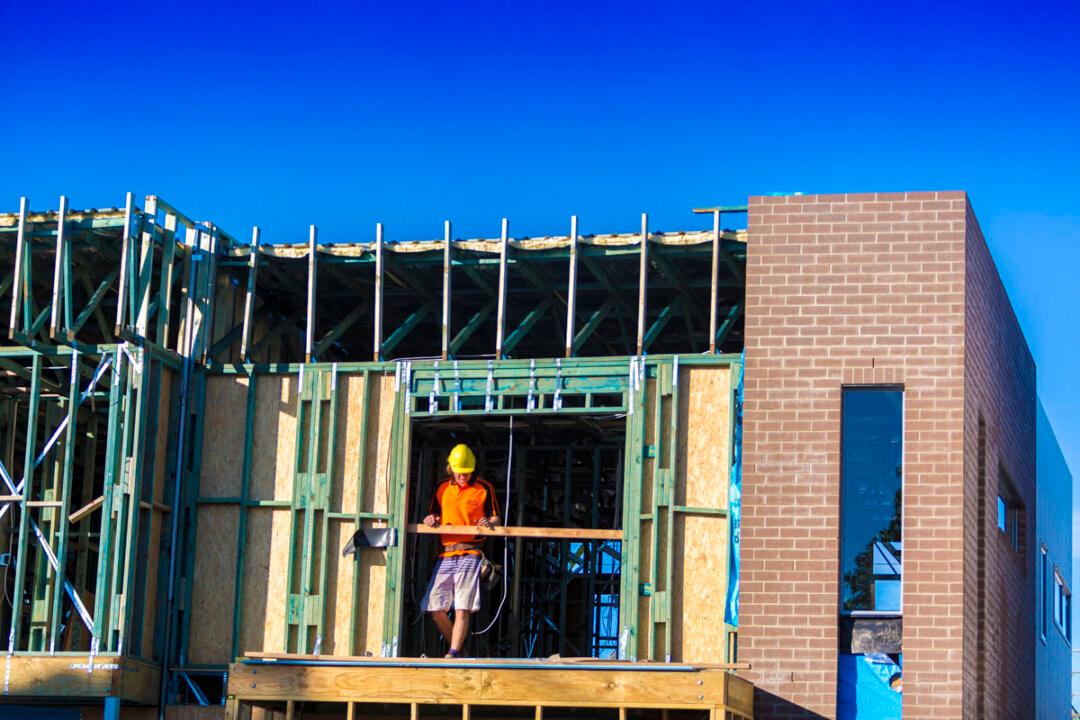Queensland’s building watchdog has stepped in to help affected customers following the collapse of a residential builder, but hundreds of homeowners in the Australian state are not likely to see their homes completed any time soon.
Oracle Homes went into liquidation on Aug. 24, causing about 70 staff to lose their jobs and halting building work on 300 homes.





